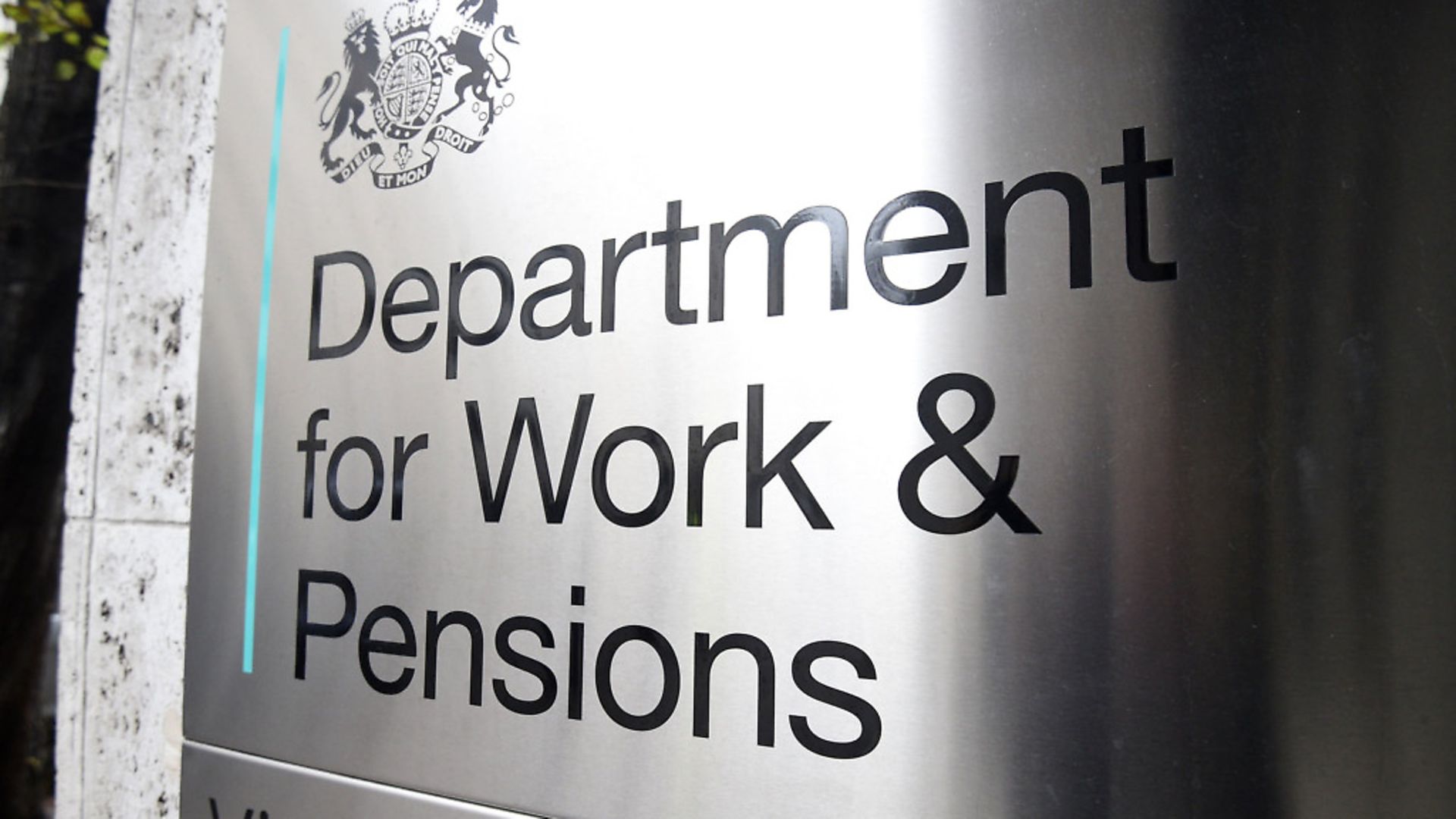
Twenty-one charities and organisations are calling for an inquiry into the 69 ‘avoidable’ deaths of benefit claimants struggling in the welfare system.
Rethink Mental Illness has written to the Department for Work and Pensions (DWP) expressing ‘deep concern’ for people they say are being failed by the welfare system.
The charity is being supported by 20 other organisations across England, Scotland and Wales including the Royal College of Psychiatrists, Liberty and the Trussell Trust.
The groups’ joint statement reads: ‘As organisations that work with people who need support from the benefit system, we are deeply concerned that some of the policies and processes of the Department of Work and Pensions appear linked to avoidable deaths.
‘The National Audit Office reports that the Department has internally investigated 69 cases where people claiming benefits have taken their own lives since 2014-15.
Have your say
Send your letters for publication to The New European by emailing letters@theneweuropean.co.uk and pick up an edition each Thursday for more comment and analysis. Find your nearest stockist here or subscribe to a print or digital edition for just £13. You can also join our readers' Facebook group to keep the discussion and debate going with thousands of fellow pro-Europeans.
‘It was also clear that it is ‘highly unlikely’ that these represent the total number of cases that could have investigated in the past six years, and that there is ‘no tracking or monitoring’ of the status of the recommendations that have been made following the investigations that have taken place.
‘We are therefore calling on the government to establish an independent inquiry into those deaths where it appears that the welfare benefits system may have been a significant factor, with a remit to recommend changes to policy as well as internal DWP processes where needed.
‘The clock is ticking. In November, the Government plans to begin a ‘managed migration’ of people from the current sickness benefit – Employment and Support Allowance – to Universal Credit.
‘It is vital that we properly understand the circumstances of these deaths before embarking on this change.’
Rethink said mental health appears to have been a significant factor in many of the cases, including in the 2018 death of Errol Graham, who starved after his benefits were stopped.
The 57-year-old died eight months after he stopped receiving employment and support allowance, and his family has since launched legal action against the DWP.
A DWP spokeswoman said: ‘These are complex and devastating matters that we take very seriously.
‘We always seek to learn lessons where we can and we are urgently working to drive forward improvements in the system.
‘We will carefully consider the NAO’s findings as part of our ongoing work.’
The call comes as a recent study found that Universal Credit has led to an increase in mental health problems among unemployed claimants, and could have ‘major implications for the nation’s health’.
The roll-out of the new combined benefit has led to a 6.6% increase in psychological distress among its recipients – equivalent to approximately 63,674 people feeling an impact, according to figures published in journal The Lancet.
The data suggests that more than 21,000 of these people may have become clinically depressed.









